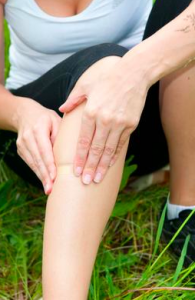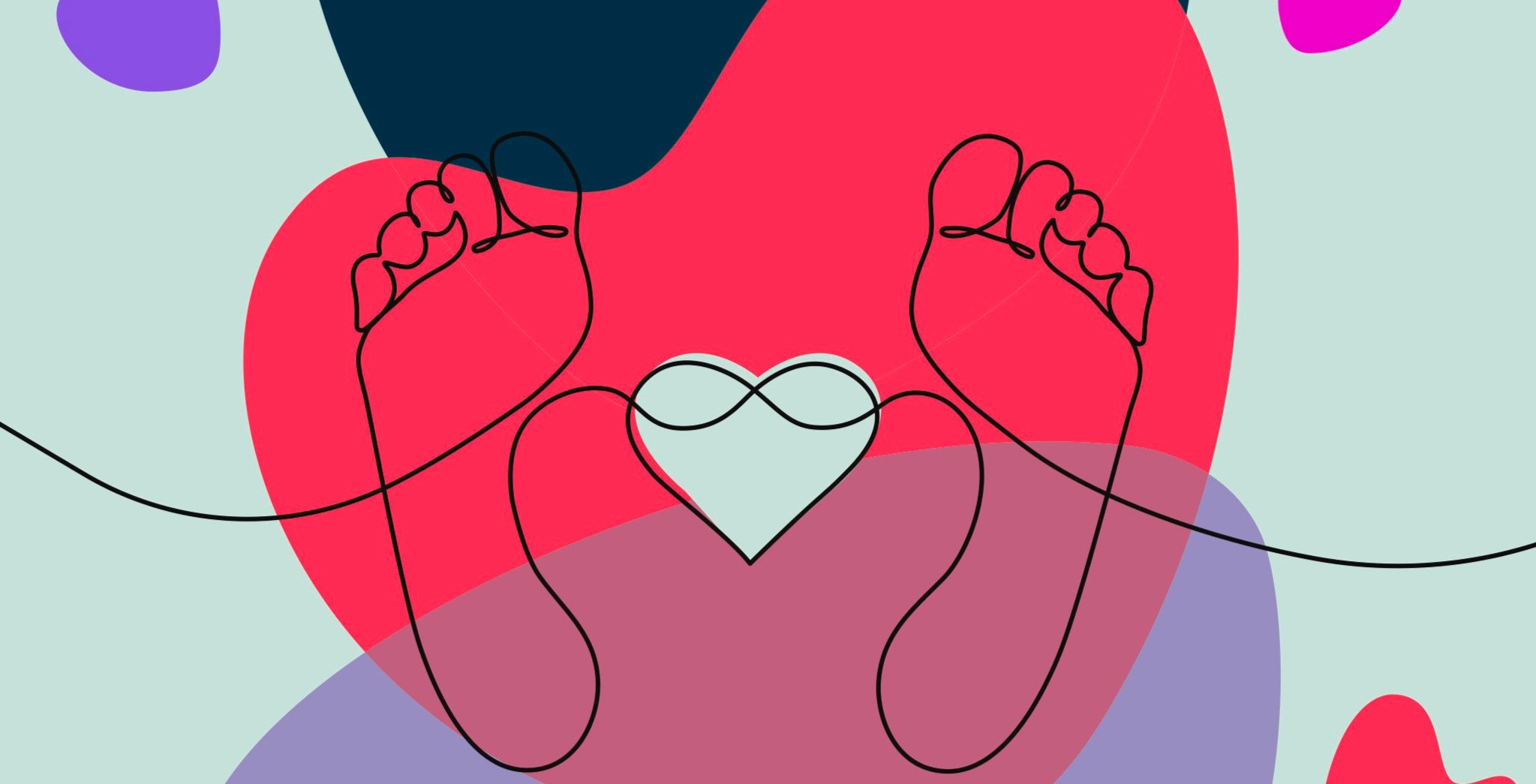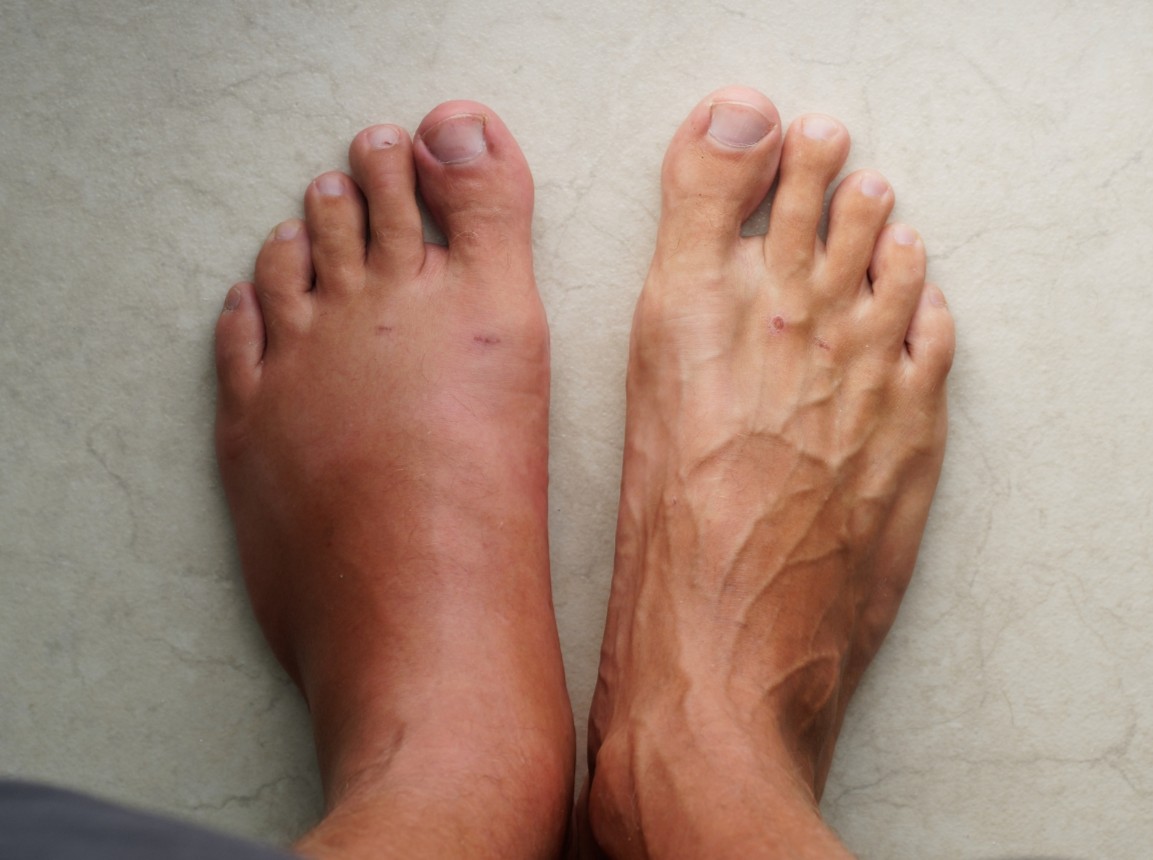Your medial collateral ligament (MCL) is a large flat ligament band located on the inside (medial aspect) of the knee. It is one of the four ligaments that stabilise the knee joint, alongside the Lateral Collateral Ligament (LCL) and the anterior and posterior cruciate ligaments within the knee. It connects the top of the shin bone (tibia) to the bottom of the thigh-bone (femur) and works to resist forces applied to the outside of the knee (valgus forces), such as when a ball hits the outside of the leg or knee. This is also the main way it is injured.

MCL injuries occur as a result of stretching and stressing the ligament past the point that it can safely handle. Often this results from excessive force to the outside of the knee (valgus force) and various twisting motions at the legs and knees. Examples include:
Those with muscle weakness, ligament laxity or a history of knee injuries are typically at a greater risk of sustaining an MCL injury.
The different levels of severity of injury include a ligament sprain, a partial tear, or a complete rupture. Symptoms can include:
When the injury first occurs, it’s important to stop physical activity and avoid walking on the affected knee where possible. Following the PRICE principles (protection, rest, ice, compression and elevation) can help reduce the initial pain and swelling. If you have had a rupture or significant tear to your MCL, you may require surgery. It’s important that you have a diagnosis to confirm the extent of your injury, which may involve having an ultrasound, x-ray or MRI imaging. Your podiatrist can help you gradually rebuild the strength in your knee and surrounding muscles, and improve the range of motion in the joint, which will likely be restricted following your injury. This will likely focus on strengthening your quadriceps, hamstrings, calves, hips and pelvic muscles. Your podiatrist will work with you to both help your recovery and reduce the risk of re-injury in the future. This may look at the use of orthotics to control motion at the feet and legs, assessing the stability of your footwear, assessing your walking/running technique, teaching you how to strap your knee when needed, bracing, and physical therapy (strengthening and stretching).

Valentine’s Day is about love, appreciation, and thoughtful gestures but let’s be honest, most gifts don’t last longer than a week. This year, choose something different. Choose a gift that offers comfort, confidence, and real care: a Medical Pedicure.

We’ve all had those days — you come home after hours on your feet, kick off your shoes, and notice your ankles look puffier than usual.
Swelling in the feet, ankles, or legs (known medically as edema) isn’t always a reason to panic. It can be as simple as a
salty lunch or a long flight.
But what if it’s happening more often — or seems to be getting worse? Swelling can sometimes be a sign of something more serious. Here’s
what could be going on and when to check in with your doctor.
Keeping your family on their feet and helping them to walk, run, play and exceed their goals is why we love getting up in the morning.
Ground Floor, One Health Building
122 Remuera Rd, Remuera
Auckland 1050, New Zealand
| MON - FRI | 7:30am – 6:30pm |
| SAT | 8:30am – 4:30pm |
| SUN | Some availability |
Make an Appointment
Online Schedule
Our virtual receptionist is available 24/7 to help with general questions, booking requests, and clinic information, even when our team is busy, or it's after hours.
Whether you're calling us or using our website, you'll get fast assistance any time of day. And if your query needs a personal touch, a member of our team will follow up as soon as possible.
If you’d like to see a podiatrist who speaks your preferred language, just give us a call and we’ll help you book.